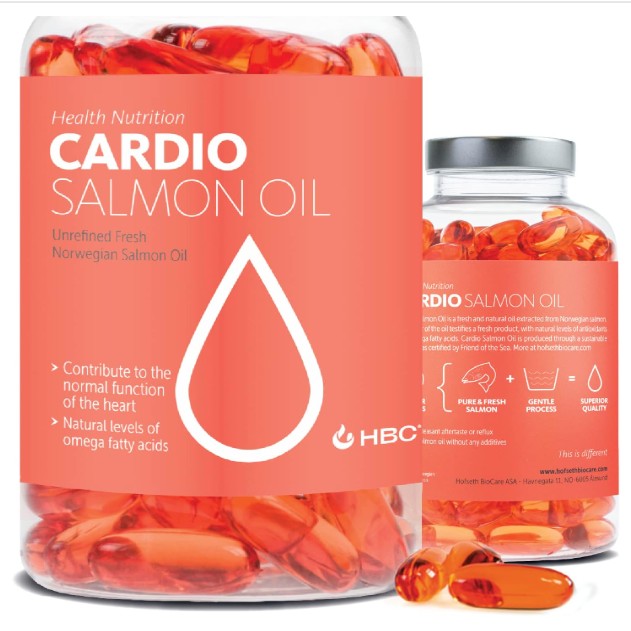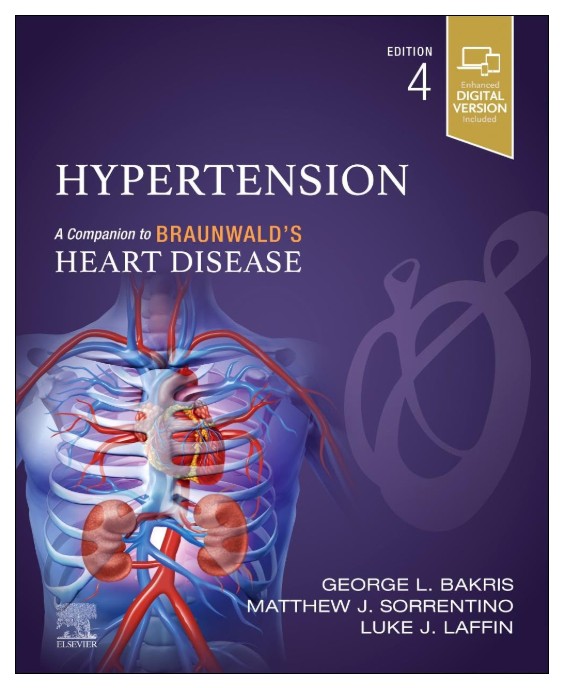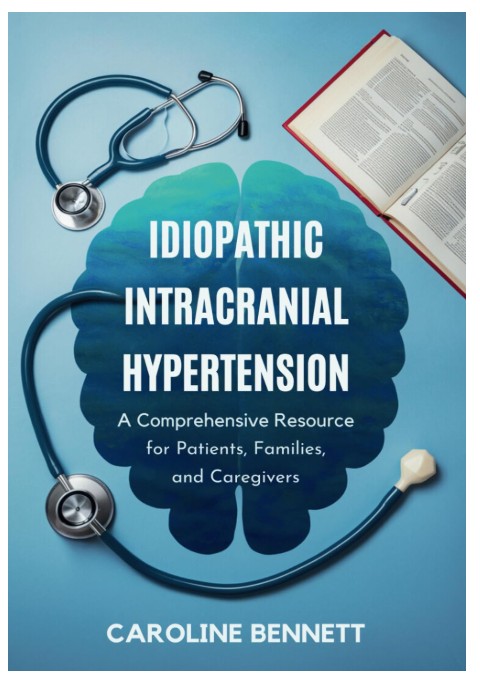Stress is an inevitable part of human life, often characterized by feelings of tension, physical changes like increased blood pressure, and emotional responses. While occasional stress can prompt individuals to take action or motivate them to overcome challenges, chronic stress can have serious health implications. One such issue that is closely tied with chronic stress is hypertension or high blood pressure.
Hypertension is a medical condition characterized by persistently elevated blood pressure. It’s a significant concern because it makes the heart work harder to pump blood out to the body and contributes to hardening of the arteries (atherosclerosis), which can lead to heart attack and stroke.
Understanding the connection between stress and hypertension requires a look at how our bodies respond to stressful situations. When we experience stress, our bodies release adrenaline and cortisol, commonly known as ‘stress hormones.’ These hormones prepare our bodies for the ‘fight or flight’ response by increasing heart rate, constricting blood vessels, and thus elevating blood pressure temporarily.
While this temporary spike in blood pressure doesn’t necessarily cause long-term hypertension, repeated episodes of short-term stress can lead to long-lasting changes in how the body controls blood pressure. This means that people who experience chronic stress are at a higher risk of developing hypertension.
Moreover, how people cope with stress could also contribute to hypertension. Many people adopt unhealthy habits such as smoking, excessive alcohol consumption, poor diet choices, and lack of physical activity as ways of coping with their chronic stress. These lifestyle choices further increase the risk of developing hypertension.
However, it’s important to note that while there is a clear link between chronic stress and hypertension, more research needs to be conducted before definitive conclusions can be drawn about whether reducing stress directly reduces high blood pressure.
Despite this uncertainty in direct correlation between reducing stress and lowering high blood pressure levels, managing your stress levels effectively remains an important aspect of overall health management strategy. Regular exercise or physical activity not only helps to reduce stress but also keeps your heart and blood vessels in good condition, reducing the risk of hypertension.
Additionally, mindfulness techniques such as meditation, deep breathing, and yoga can help manage stress levels. A balanced diet rich in fruits, vegetables, lean proteins, and whole grains can also support overall health and contribute to lower blood pressure.
In conclusion, while the relationship between stress and hypertension is complex and multifaceted, it’s clear that chronic stress plays a significant role in the development of high blood pressure. Therefore, managing stress effectively through healthy lifestyle choices can be a crucial part of preventing or managing hypertension. Always remember that it’s important to consult with healthcare professionals for personalized advice on managing stress and hypertension.



